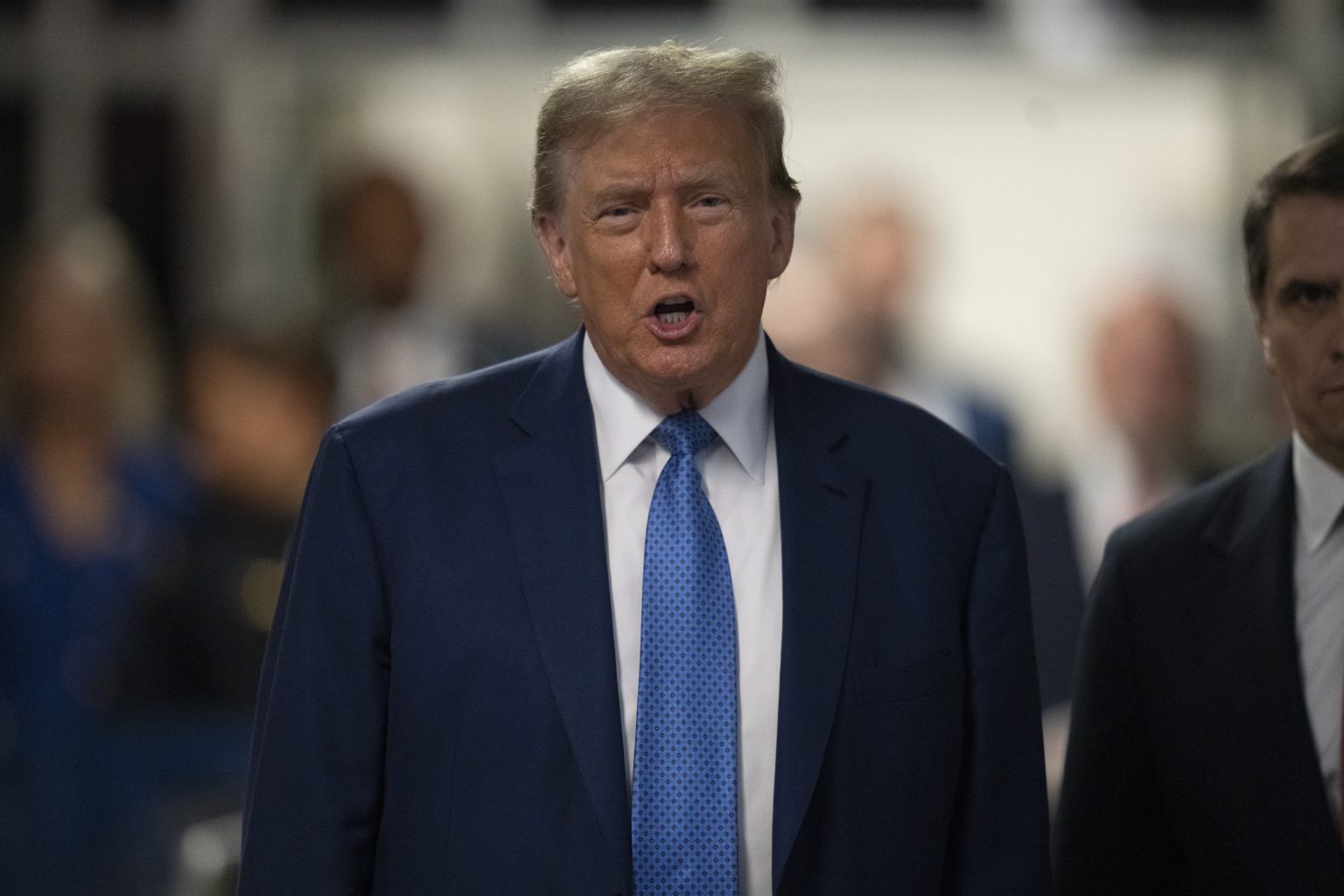On May 20, 2024, Michael Cohen’s legal adviser, Lanny Davis, identified a “smoking gun” in former President Donald Trump’s ongoing criminal trial in Manhattan. Davis published a story in RealClearPolitics discussing the trial, where Trump is accused of arranging hush-money payments to Stormy Daniels through Cohen. Davis highlighted the “Weisselberg Document” as the most crucial piece of evidence, showing that Trump reimbursed Cohen for the $130,000 payment to Daniels plus additional money. The document, in Weisselberg’s handwriting, indicates a total reimbursement of $210,000, which was later doubled to $420,000 for tax purposes.
Davis explained that Weisselberg calculated Trump’s monthly payments to Cohen as $35,000 based on the $420,000 total, which matched the checks presented as evidence in the trial. He emphasized that there was no mention of legal fees in the document. The trial against Trump, which began on April 21, was initiated by Manhattan District Attorney Alvin Bragg for falsifying business records to conceal hush-money payments during the 2016 presidential campaign, including the payment to Daniels. While Trump denies any wrongdoing and claims the case should be dismissed, Davis believes that the “Weisselberg Document” could be seen as strong circumstantial evidence that Trump lied about the nature of the payments.
Newsweek’s reporter Katherine Fung, who was present in the courtroom, noted that Cohen testified that Trump was unaware of the payment to Daniels when the news initially broke in 2018. The trial has entered its sixth week, with ongoing scrutiny of the evidence presented, including the “Weisselberg Document.” Davis’s analysis of this document suggests a deliberate reimbursement scheme orchestrated by Trump through Weisselberg and Cohen to conceal the true nature of the payments made to Daniels. The implications of this document could have significant consequences for Trump and his legal defense.
As the trial progresses, Davis’s interpretation of the evidence in the case could play a crucial role in shaping the jury’s perception of Trump’s involvement in the hush-money payments. The documentation provided by Weisselberg, detailing the reimbursement process orchestrated by Trump, points to a deliberate effort to conceal the true purpose of the payments made to Daniels. Davis’s characterization of the document as a “smoking gun” suggests that it could potentially incriminate Trump and expose his actions as fraudulent. The ongoing legal battle in Manhattan continues to unfold, with the “Weisselberg Document” emerging as a key piece of evidence in the prosecution’s case against Trump.


